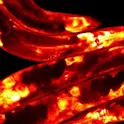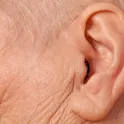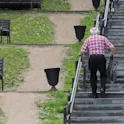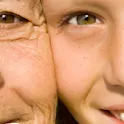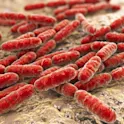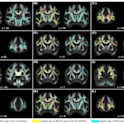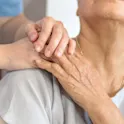
Health
01 Oct 2021
Discussing the future of aging research with Specialty Chief Editors, Drs. Morten Scheibye-Knudsen and Richard Siow
Image: BlurryMe/Shutterstock.com In honor of the international day of Older Persons (October 1st) we spoke to the first onboarded Specialty Chief Editor of Frontiers in Aging, Dr. Morten Scheibye-Knudsen, and the most recently joining Specialty Chief Editor Dr. Richard Siow. Given Frontiers in Aging’s 1st Year anniversary we look forward to the future of the field of aging research, and its goals. Dr. Morten Scheibye-Knudsen is the Specialty Chief Editor of the Interventions in Aging section, within Frontiers in Aging, and Associate Professor of DNA damage and interventions in aging, at the University of Copenhagen, Denmark. With the mission “to discover interventions leading to healthier, happier and more productive lives“, the Scheibye-Knudsen Lab is working on understanding the impact of DNA damage on a cellular and organismal level. This can then lead to the development of interventions to improve, not only our lifespan but importantly our health-span, towards a future of healthy aging. Dr. Richard Siow is the Specialty Chief Editor of the newly launched Nutrition in Aging and Healthy Longevity section within Frontiers in Aging, and the Director of Aging Research at King’s (ARK), King’s College London, United Kingdom. Dr. Siow graduated in Nutrition and his research over the past 20 years has focused on cardiovascular aging and better understanding the role of diet and nutrigenomics on molecular pathways in aging and healthy longevity. The mission of ARK is to increase knowledge of aging mechanisms in collaboration with international academic and industry partners, allowing a multi-disciplinary understanding to be built around the many aspects of human aging and healthy physical, mental and financial longevity, ranging from cellular mechanisms […]

